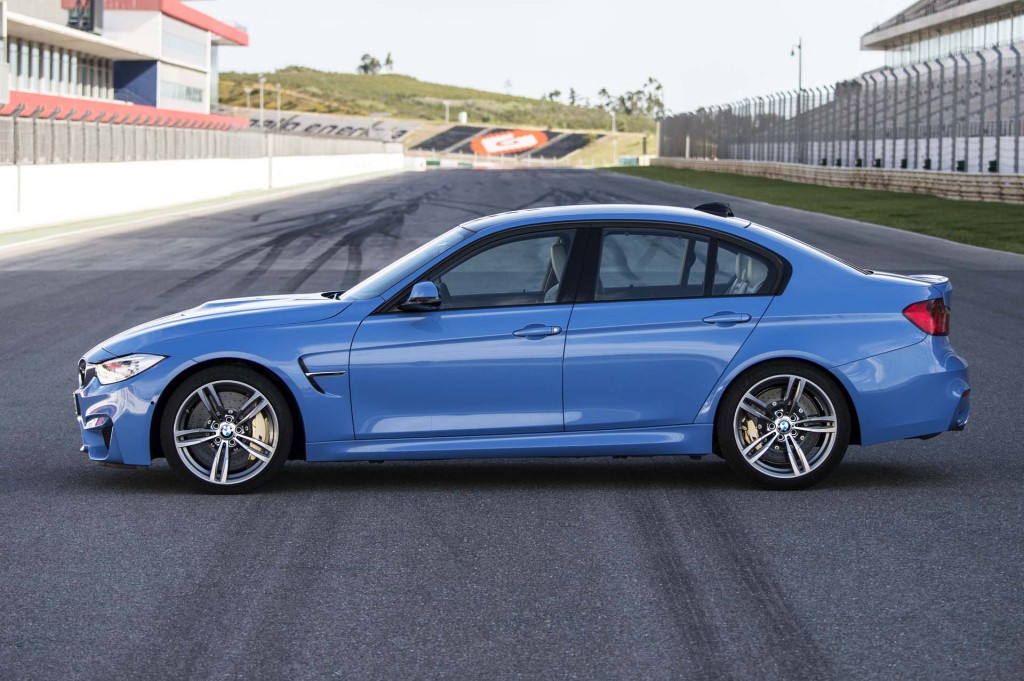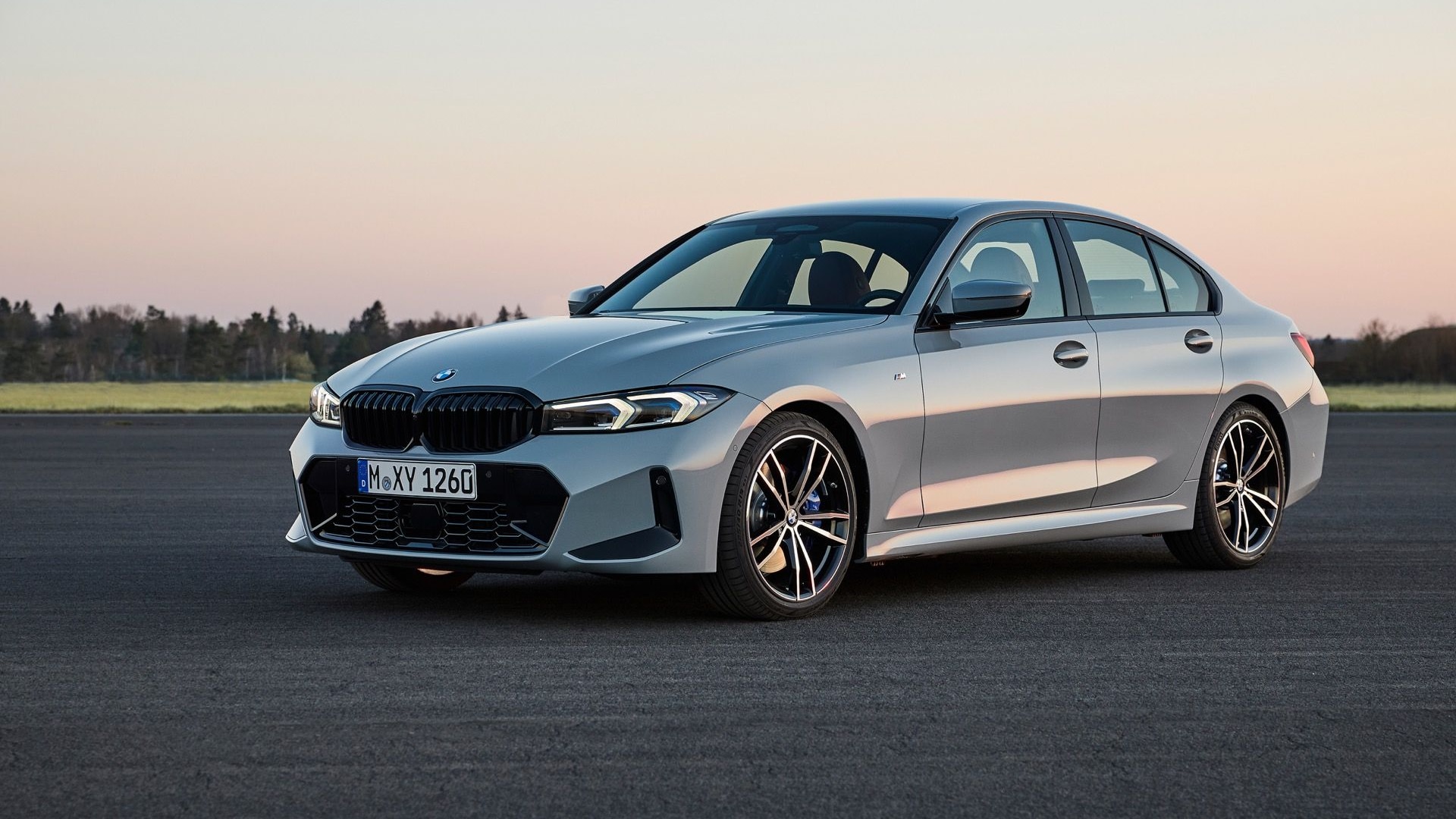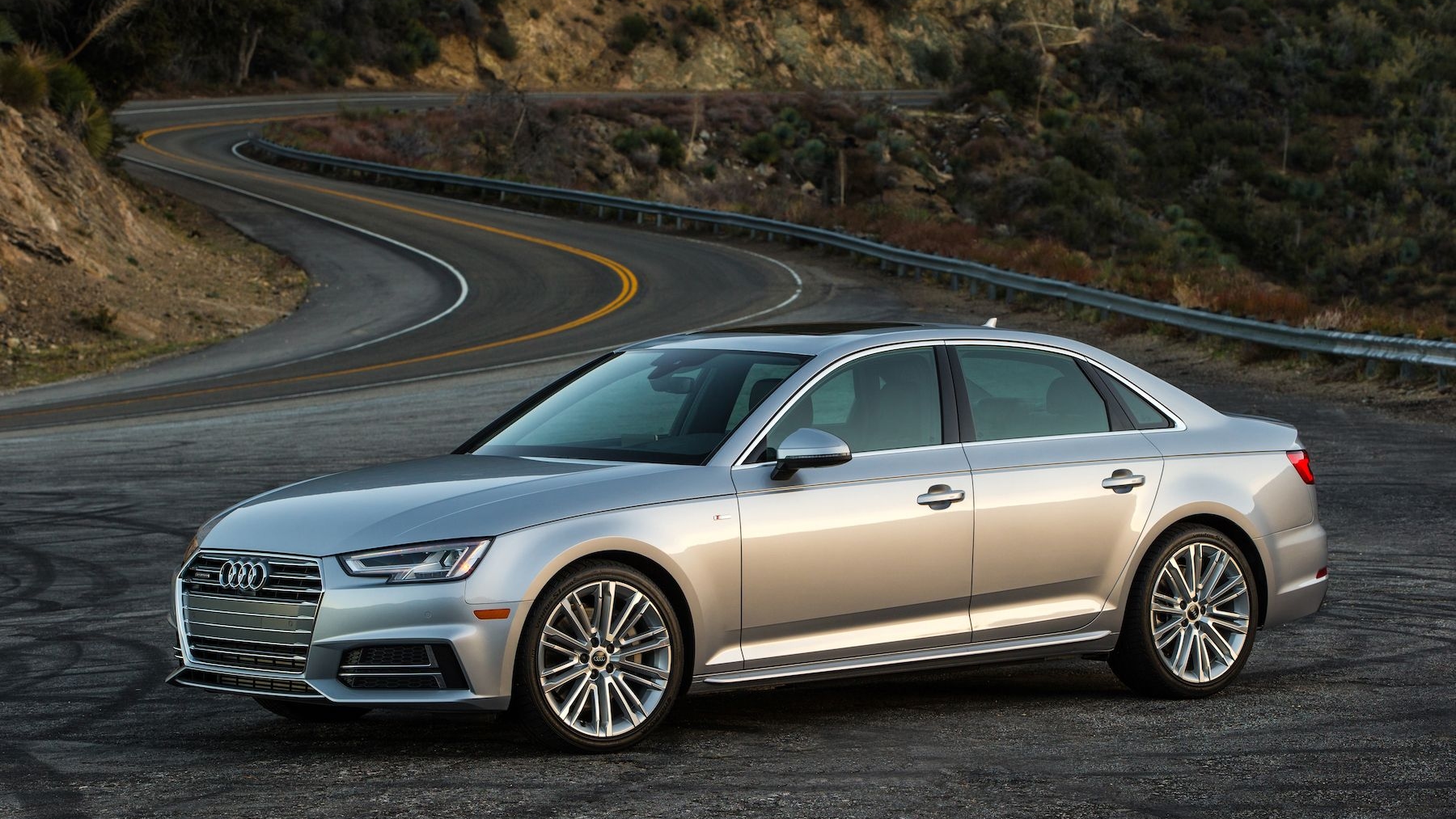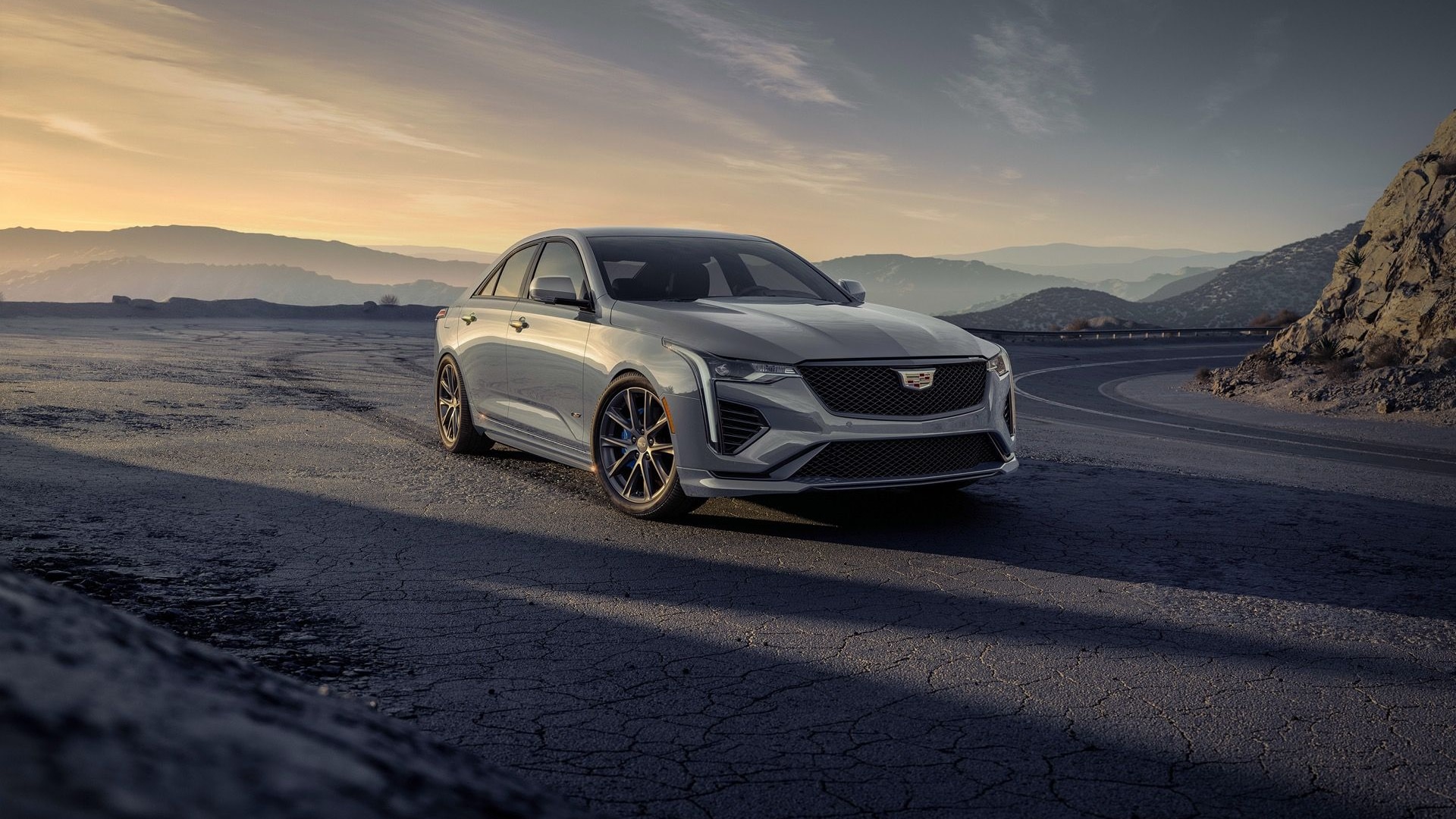The BMW M3 and M3 are about to become a little less special as both the sport sedan and coupe will switch from carbon fiber-reinforced plastic (CFRP) driveshafts to fairly commonplace steel components. BMW says the reason behind the switch involves emission standards and future compliance.
The CFRP driveshafts are wider than steel units and take up more space under the car. BMW plans to add a particulate filter to the exhaust system in the near future and the CFRP driveshafts simply don't mesh with the emissions equipment.
However, BMW assures enthusiasts that the steel units have been developed with M performance attributes in mind while being narrower to make the particulate filters fit. Inevitably, the M3 and M4 will likely gain a few pounds with a shift to steel construction.
2017 BMW M3
It should be noted the change will not affect the BMW M4 CS and BMW M4 GTS, both of which represent more track-focused interpretations of the M4. For those who simply can't put a CS or GTS in their garages, BMW again reassured "the superlative performance and handling qualities" found in the regular M3 and M4 will not change. True, most drivers may not notice a difference, but for some, it may represent a more sour note just in principle.
BMW plans to introduce the steel driveshafts beginning in November. From there on out, all M3 and M4s (aside from the CS and GTS) will be equipped with the steel units. If CFRP is a must, it's best to locate a current example before inventories dry up.


